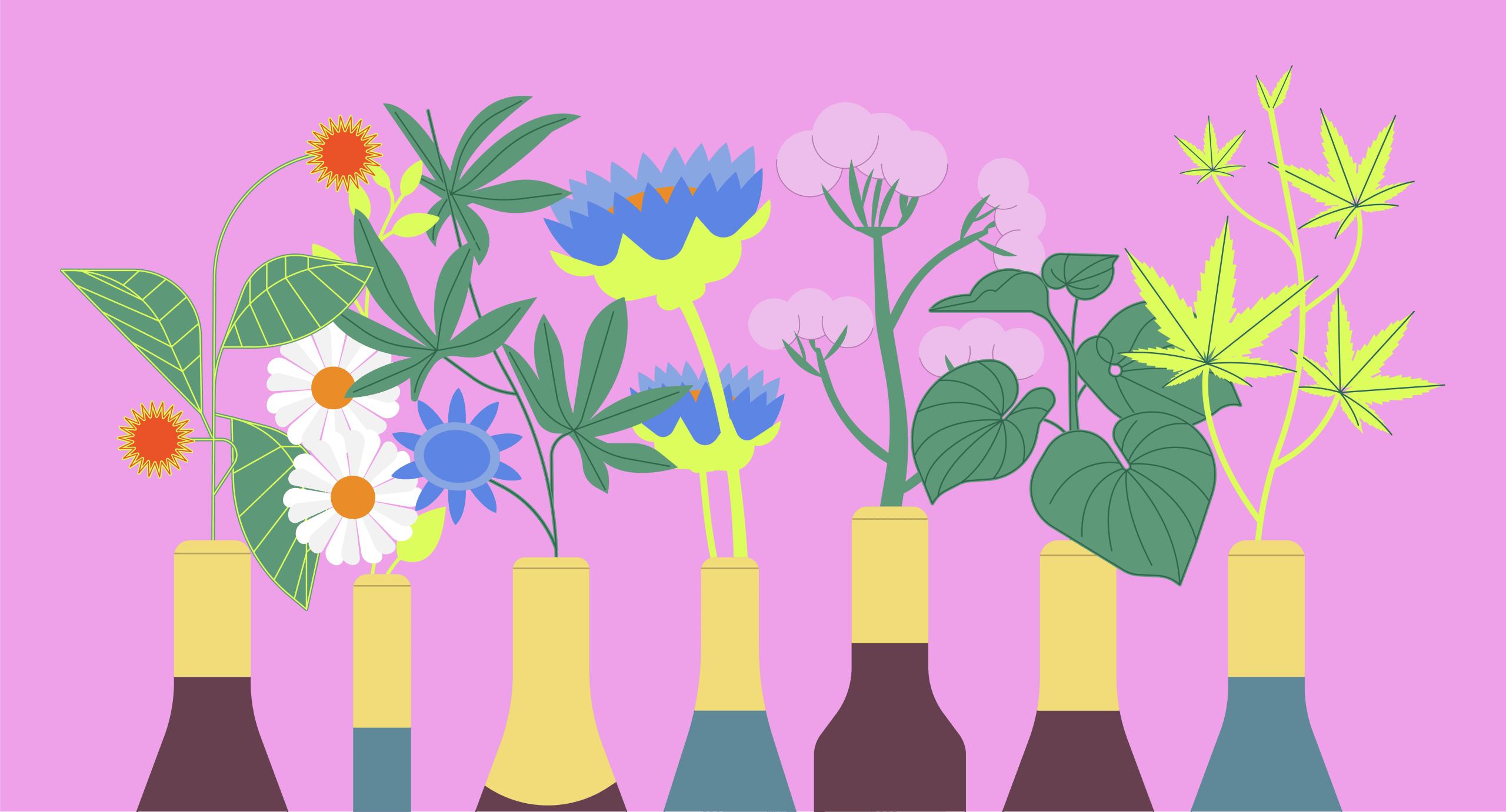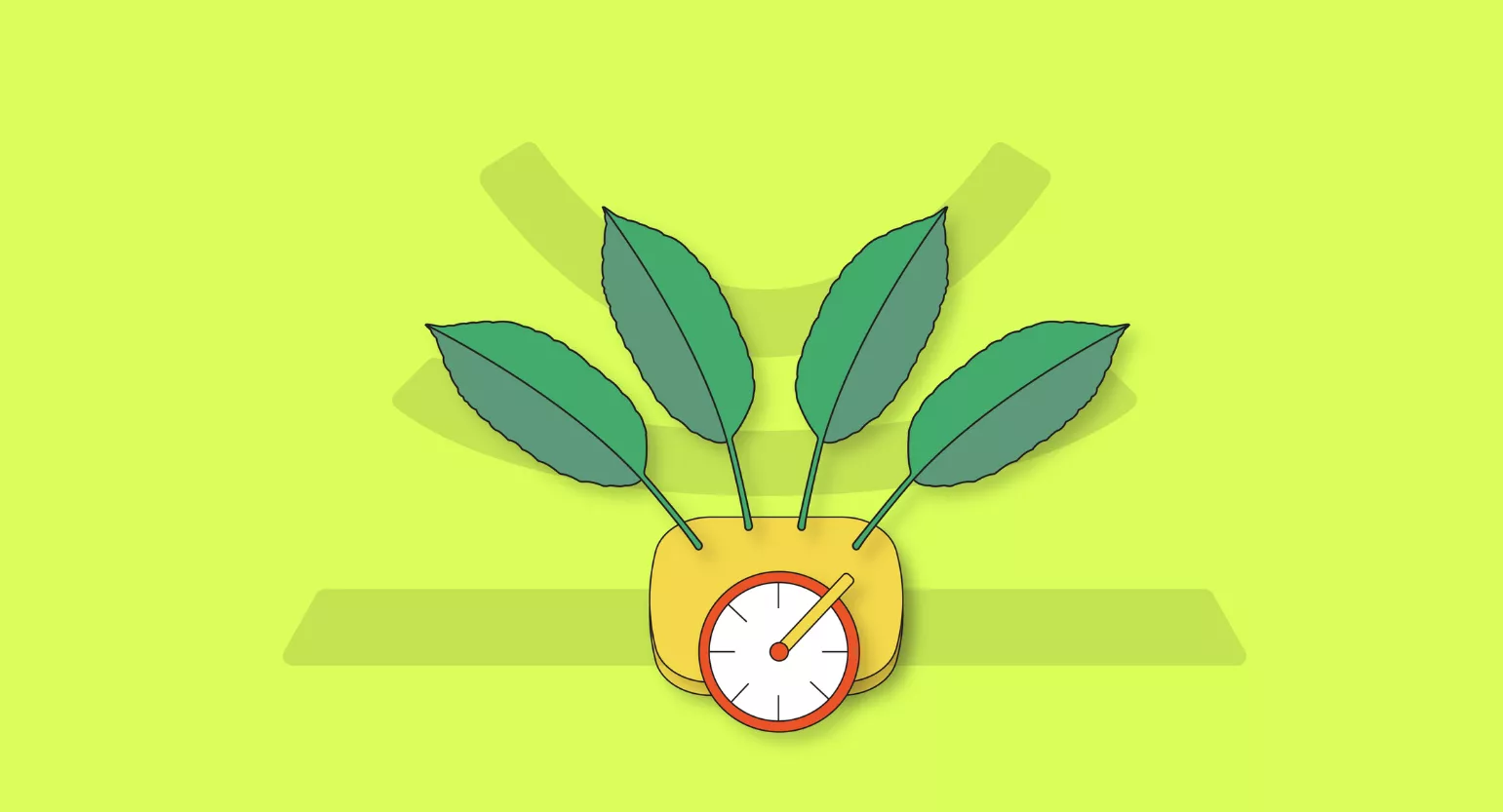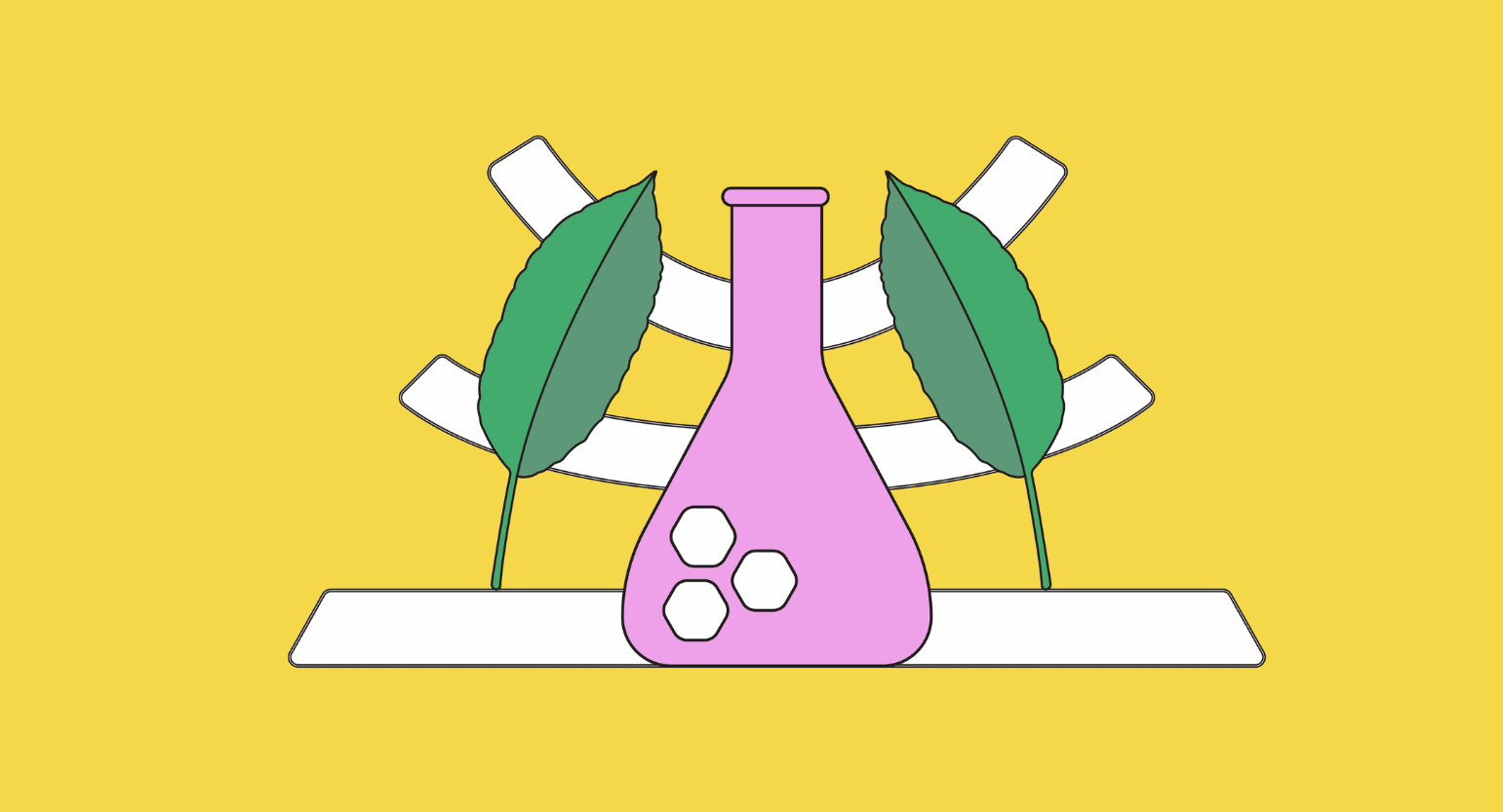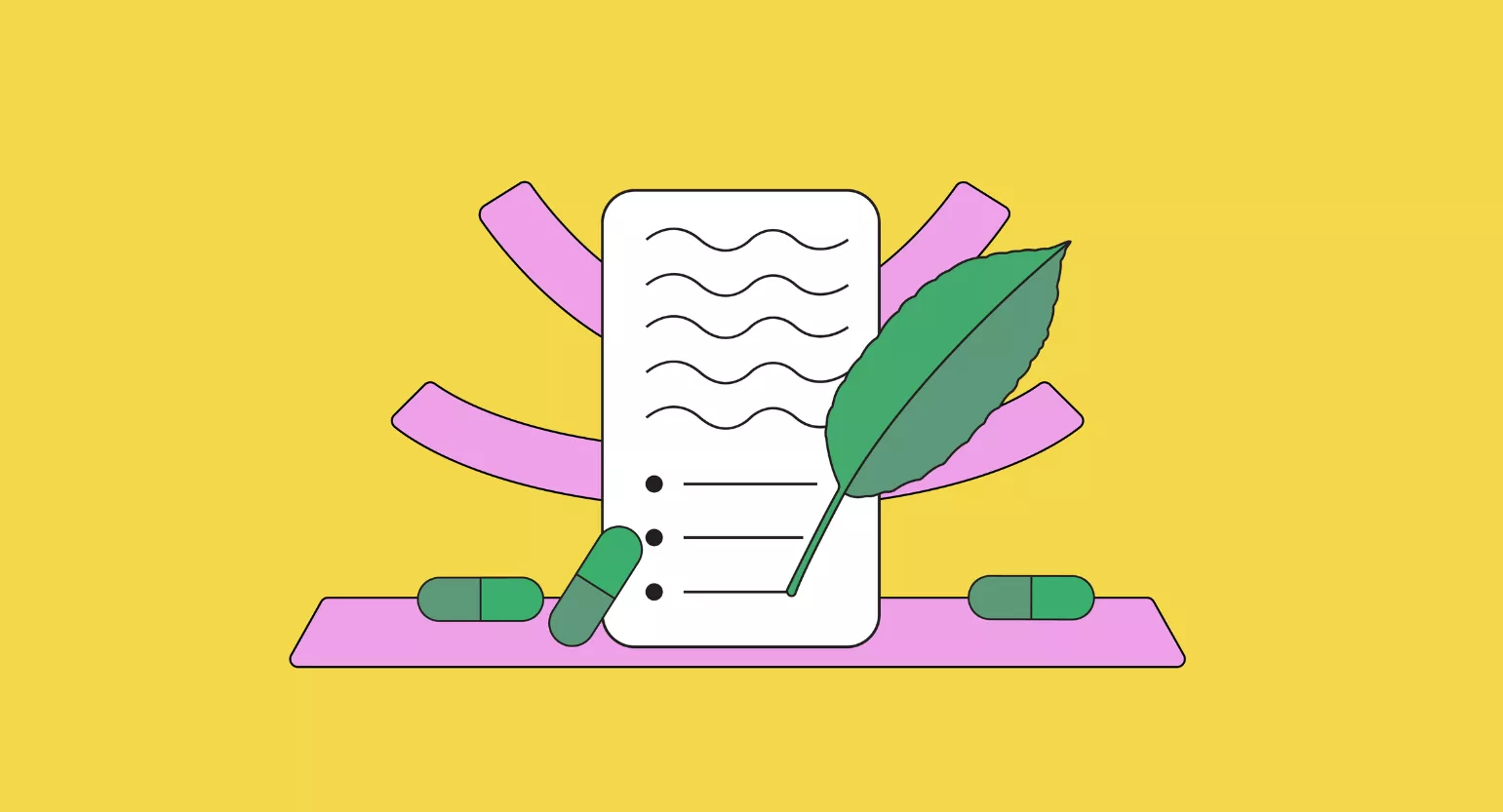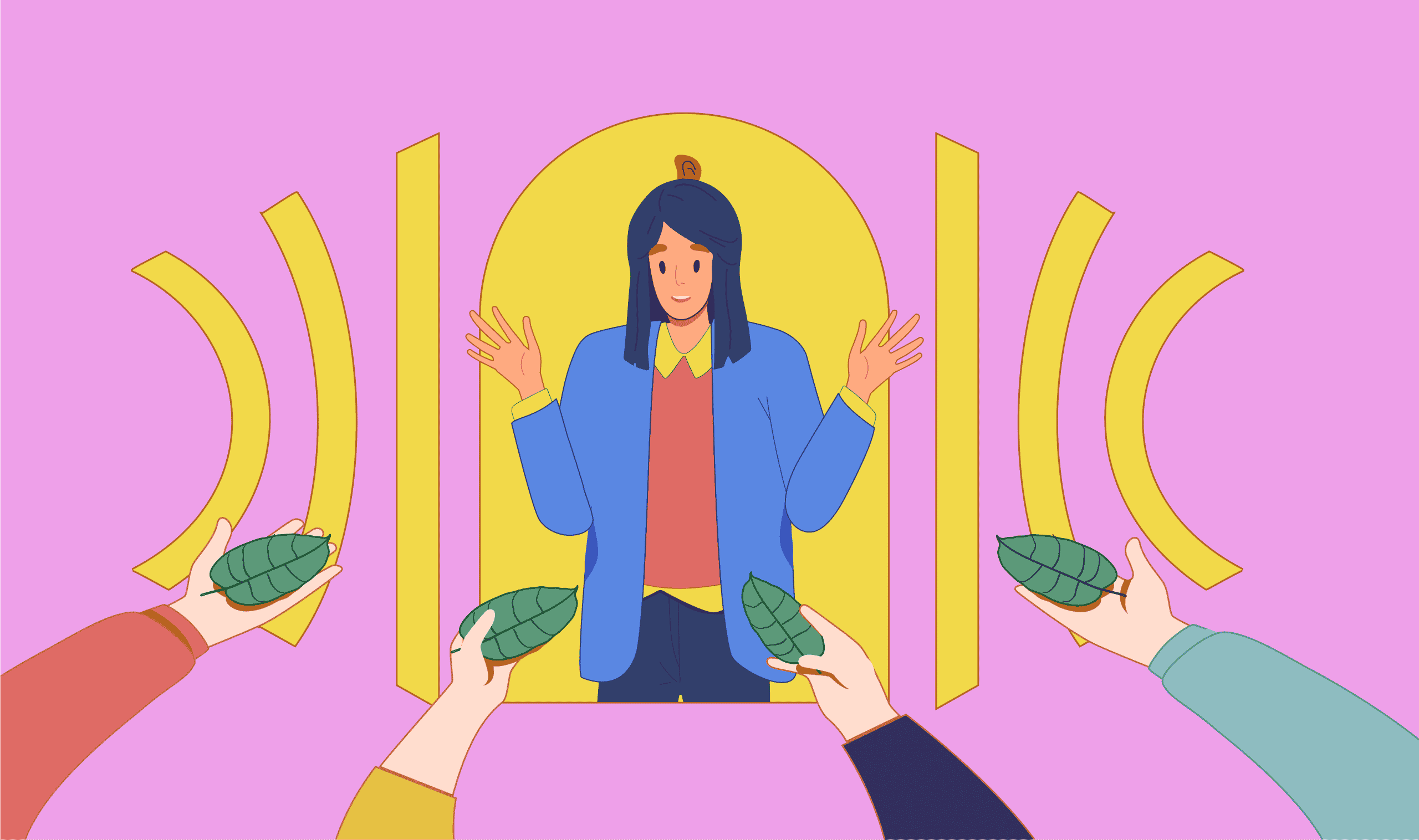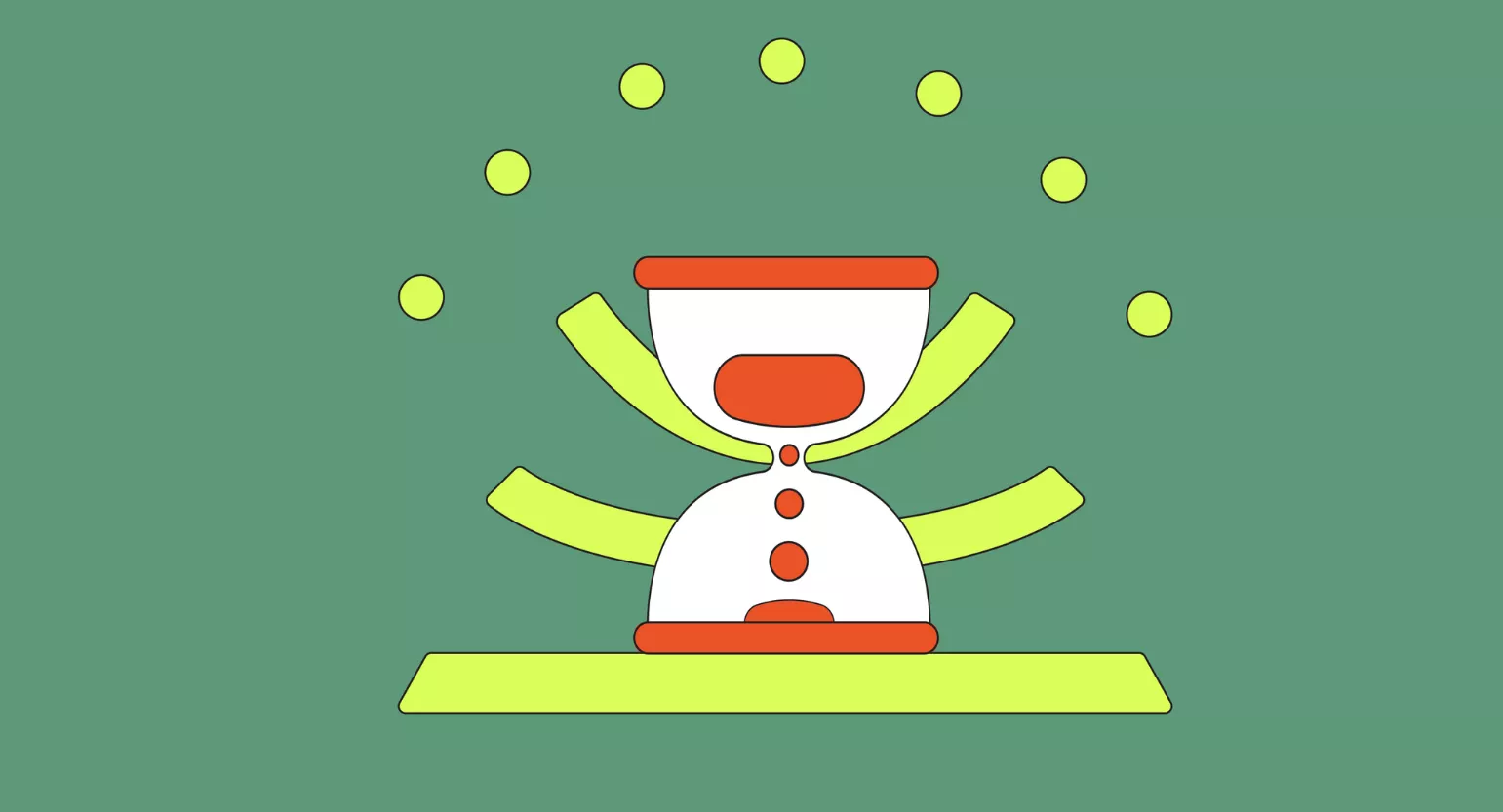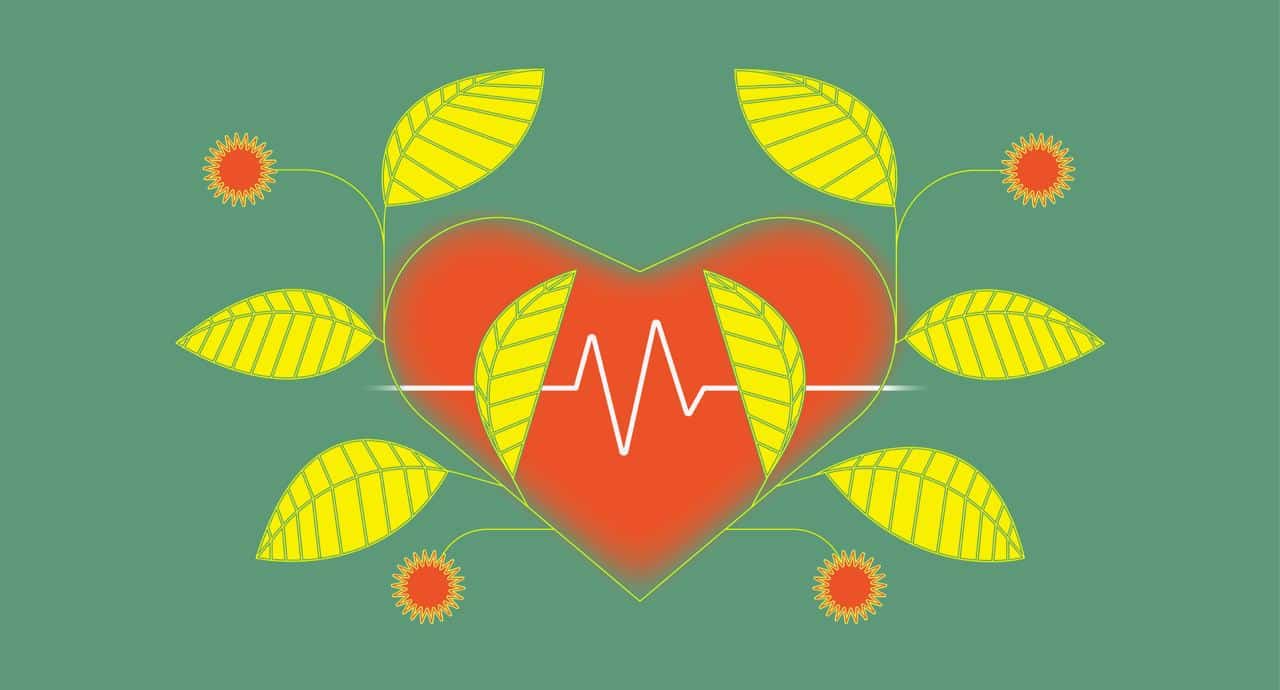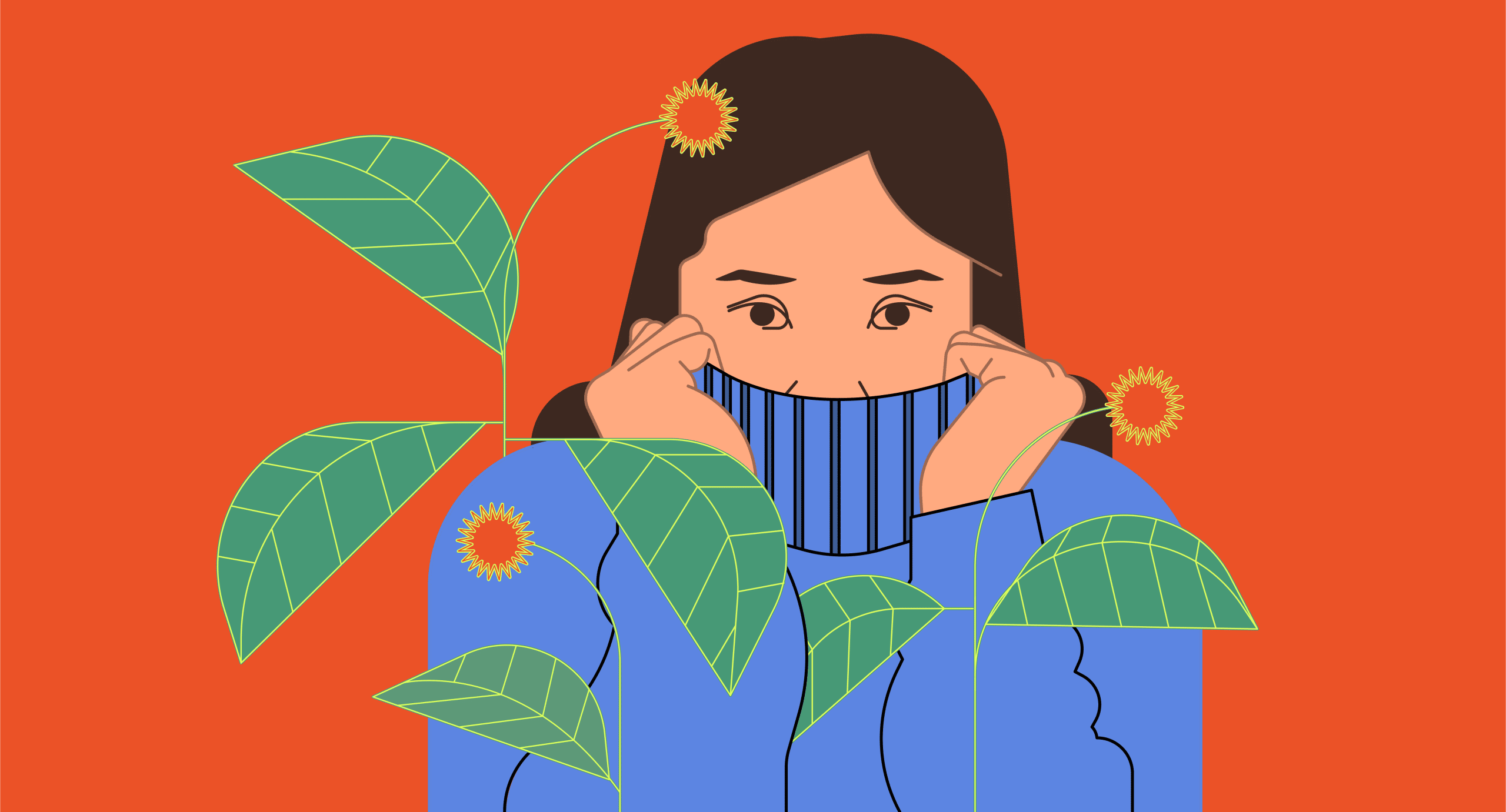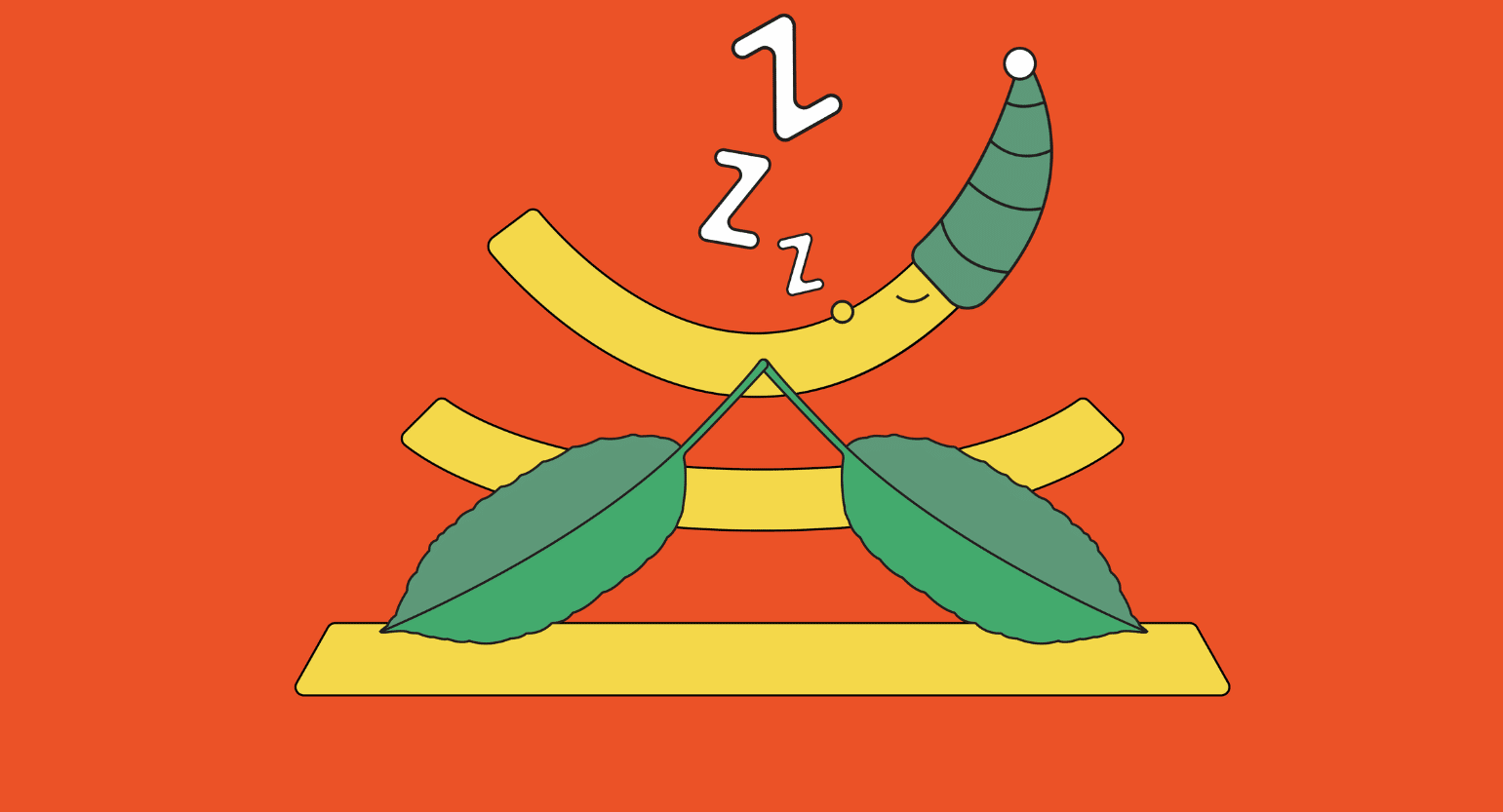Why Alcohol Alternatives Are Useful
Alcohol is a depressant, which means it makes users feel relaxed by suppressing the central nervous system’s (CNS) activity [1].
In addition to reducing overall CNS function, alcohol also increases dopamine levels and the levels of other pleasurable neurotransmitters in your brain [2], enhancing the relaxation effect and making you feel good.
While the occasional beer has relatively mild effects, regular alcohol consumption comes with a host of nasty long-term adverse effects — such as liver damage, brain damage, and even an increased risk of developing certain types of cancer [3].
To make things worse, it’s exceptionally easy to become addicted to alcohol.
Alcohol addiction is debilitating and difficult to recover from, so much so that some people seek alternatives to eliminate the chance of developing an alcohol dependence altogether.
Best Natural Substitutes for Alcohol
Any alcohol alternative must provide similar levels of relaxation without the laundry list of negative health effects.
Prescription drugs like barbiturates, benzodiazepines, opioids, and muscle relaxers are excellent at reducing anxiety and suppressing the CNS. However, they fail to be adequate alcohol substitutes because they have serious side effects. They also require a prescription, making them difficult — or even impossible — to acquire for some people.
The good news is that several natural depressants can help you relax without the same long-term risks as alcohol.
Here are 10 of the most popular natural alcohol alternatives:
1. Kratom
Kratom (Mitragyna speciosa) is a Southeast Asian herb that has been used as a sleep aid and relaxant for many centuries. It’s available in three primary strains: red-vein, green-vein, and white-vein, each with a distinct set of characteristics.
Red vein kratom is the most commonly used strain as an alcohol alternative because it has the strongest “krunk” effects. Higher doses feel very similar to alcohol.
Most people who use red vein kratom recommend taking it at night since it can cause tiredness.
Some green vein kratom strains are also good alcohol substitutes, although they tend to be less relaxing overall than red vein strains.
On the other hand, white vein kratom has an entirely distinct effects profile compared to the red and green vein kratom. Most users feel energized and stimulated when taking white vein kratom. People looking for an alcohol alternative while they’re out partying usually opt for white vein kratom.
It’s important to note that should you decide to use kratom as a substitute for alcohol, you should never mix the two together. Kratom and alcohol, in combination, can lead to very dangerous side effects — it’s either one or the other.
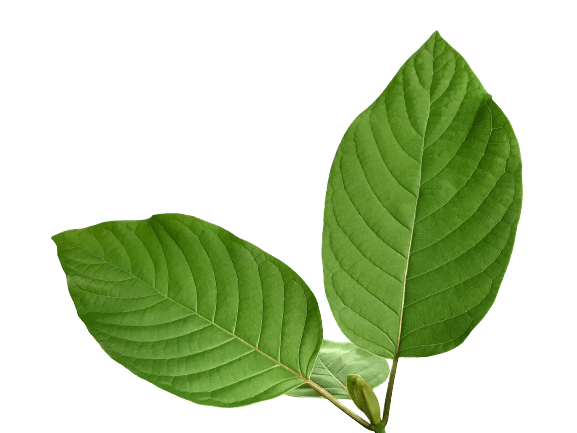
2. Cannabis (THC & CBD)
Cannabis is one of the most obvious alcohol alternatives for those seeking inebriating effects. Many cannabis users also swear by its usefulness as a sleep aid [5] and overall anxiety-reducer.
There are two main categories of cannabis products people use to relax: THC products and CBD products. THC is a psychoactive compound that alters brain function, while CBD is non-psychoactive, so it doesn’t produce a euphoric high.
There are several popular cannabis strains, but most users say that, when it comes to improving relaxation and sleep, Cannabis indica strains are generally considered superior to Cannabis sativa strains.
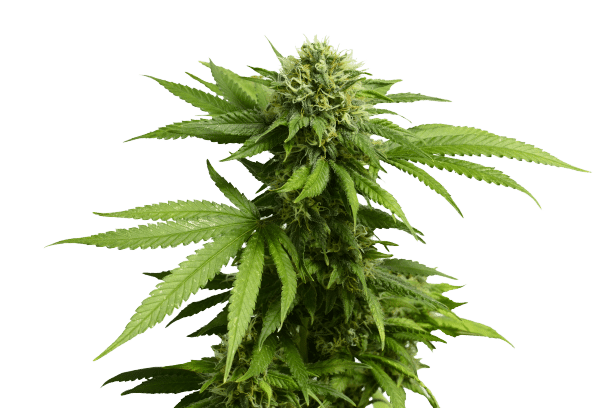
3. Kava
Native to pacific islands like Fiji and Tonga, kava kava — or simply kava — roughly translates to “intoxicating pepper” in English. One of the primary uses for kava is to relieve anxiety, and some studies show statistically significant results supporting this use case [11]. Kava users say it makes them feel relaxed and happy.
Kava (Piper methysticum) is consumed as a strong, bitter-tasting tea. It’s most commonly used in social circles (much like alcohol). The combination of relaxing and euphoric qualities makes it perfect for socializing and chilling out.
Related: Kava vs. Kratom: Differences & Similarities
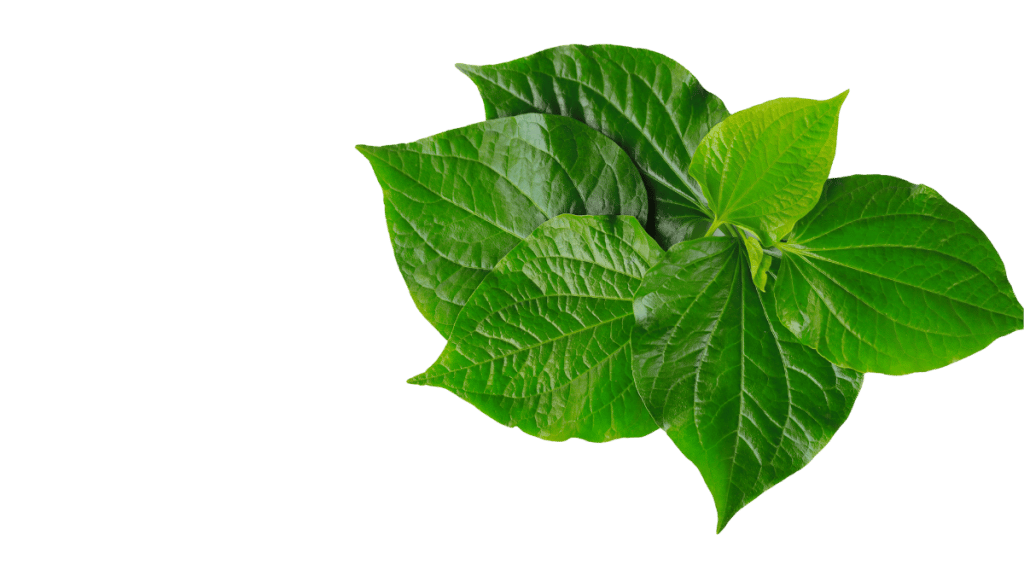
4. Kombucha
Kombucha is fermented green or black tea. The fermentation process is similar to alcohol fermentation — however, the cultures used to produce this drink produce much higher levels of acetic acid and lower levels of alcohol.
Most kombucha contains below 0.5% alcohol content.
This drink is non-psychoactive but offers the closest (non-alcoholic) alternative to beer. This is a great one to default on when you’re out with friends and feel awkward not having a drink of some sort in your hand.
The taste of kombucha may be a bit of an acquired taste for some, but it can be really delicious once you’re used to the flavor.
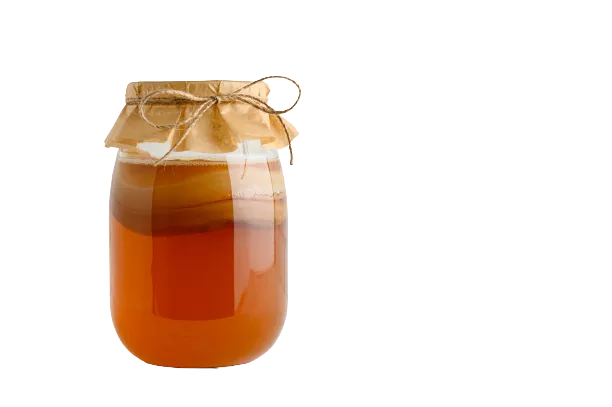
5. Blue Lotus Flower
The blue lotus flower (Nymphaea caerulea) has a long history of use in ancient Egypt and other regions in the middle east and Northern Africa, where it grows freely.
This herb is a powerful narcotic with oneirogenic effects. This means its effects involve making you feel sleepy and then causing you to have wild and vivid lucid dreams.
This herb is often used in place of alcohol to help users fall asleep and relax at the end of the day. It’s also used by people who like the experience of lucid dreaming. In the past, this effect and the visions it produced had many considered the herb sacred. It was used to communicate with the spirit world and deceased relatives.
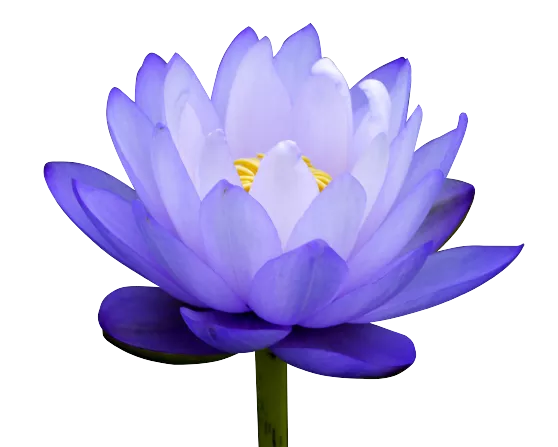
6. Valerian Root
Valerian is the first on our list of non-psychoactive alternatives to alcohol. However, it offers the same (or better) effects as alcohol for helping users fall asleep. This is a great herb for people who cannot avoid drinking alcohol because of severe insomnia that presents when they stop drinking.
Valerian root is a staple of traditional medicine and has been a calming agent for millennia. The scientific consensus is that the valerian root activates the neurotransmitter GABA in the brain. This is one of the same mechanisms used by alcohol to facilitate sleep and relaxation.
GABA plays an important role as an inhibitory neurotransmitter, suppressing overall neuron activity throughout the central nervous system. Studies have established a strong connection between GABA activity relaxation and sleep [6].
Also see: Kratom & Valerian Root: Can You Use the Two Together?
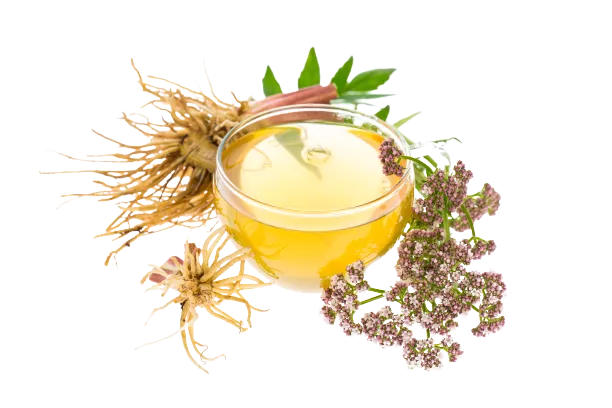
7. Chamomile
You’re probably most familiar with chamomile (Matricaria chamomilla) as a kind of tea, but there are many other ways to take chamomile for relaxation. Traditional medicine makes heavy use of chamomile since it was one of the most widely available herbs in ancient times.
Science suggests that chamomile’s soothing properties are due to its high flavonoid content, which helps suppress neural activity [8]. Frequent chamomile users report that it helps slow down a racing mind and can help them fall asleep more quickly and sleep more deeply.
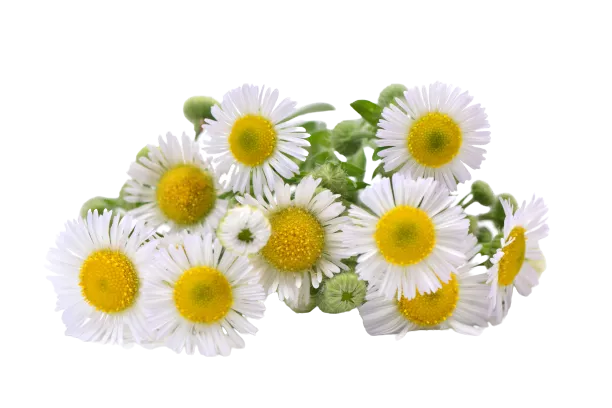
8. Passionflower
Passionflower (Passiflora incarnata) is less well-known than chamomile but has a similarly high concentration of flavonoids, making it a popular natural alcohol alternative for relaxation. Like chamomile, passionflower is also a popular traditional treatment for insomnia [10], which researchers attribute to its high flavonoid content.
Many users prefer to take passionflower in tea form, although capsules are also an option.
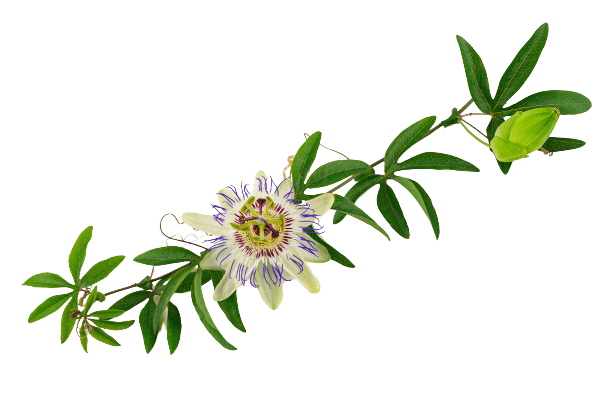
Wrapping Up: Best Alcohol Alternatives
Anxiety is one of the most common complaints among otherwise healthy adults, and more people suffer from it every year. The busy, stressful lives many people lead often drive them to search for something to take the edge off and help them relax. Unfortunately, many people turn to alcohol, unaware that there are better, healthier alternatives.
The natural herbs on this list are viable alternatives to alcohol for people who find it difficult to relax and those who struggle to fall asleep and stay asleep at night. With the possible exception of kava, the herbs covered in this article are generally regarded as safe and can be easily obtained from health stores and supplement companies.
- Mukherjee, S. (2013). Alcoholism and its effects on the central nervous system. Current neurovascular research, 10(3), 256-262.
- Di Chiara, G. (1997). Alcohol and dopamine. Alcohol health and research world, 21(2), 108.
- Rehm, J. (2011). The risks associated with alcohol use and alcoholism. Alcohol Research & Health, 34(2), 135.
- Swogger, M. T., & Walsh, Z. (2018). Kratom use and mental health: a systematic review. Drug and Alcohol Dependence, 183, 134-140.
- Kesner, A. J., & Lovinger, D. M. (2020). Cannabinoids, endocannabinoids, and sleep. Frontiers in molecular neuroscience, 13, 125.
- Shinjyo, N., Waddell, G., & Green, J. (2020). Valerian root in treating sleep problems and associated disorders—A systematic review and meta-analysis. Journal of evidence-based integrative medicine, 25, 2515690X20967323.
- Kaushik, M. K., Kaul, S. C., Wadhwa, R., Yanagisawa, M., & Urade, Y. (2017). Triethylene glycol, an active component of Ashwagandha (Withania somnifera) leaves, is responsible for sleep induction. PloS one, 12(2), e0172508.
- Srivastava, J. K., Shankar, E., & Gupta, S. (2010). Chamomile: a herbal medicine of the past with a bright future. Molecular medicine reports, 3(6), 895-901.
- Koulivand, P. H., Khaleghi Ghadiri, M., & Gorji, A. (2013). Lavender and the nervous system. Evidence-based complementary and alternative medicine, 2013.
- Ngan, A., & Conduit, R. (2011). A double‐blind, placebo‐controlled investigation of the effects of Passiflora incarnata (Passionflower) herbal tea on subjective sleep quality. Phytotherapy Research, 25(8), 1153-1159.
- Smith, K., & Leiras, C. (2018). The effectiveness and safety of Kava Kava for treating anxiety symptoms: A systematic review and analysis of randomized clinical trials. Complementary therapies in clinical practice, 33, 107-117.
- Scholey, A., Gibbs, A., Neale, C., Perry, N., Ossoukhova, A., Bilog, V., … & Buchwald-Werner, S. (2014). Anti-stress effects of lemon balm-containing foods. Nutrients, 6(11), 4805-4821.

